Vietnam will be the first country to launch a $100 million package to finance green trade, or the trading of goods for green development.
The British International Investment Institute (BII) and the Asian Development Bank have just announced a $100 million cooperation agreement for the ADB Trade and Supply Chain Finance Program.
The package focuses on financing transactions for renewable energy, energy efficiency and climate-smart agriculture , and is aimed at importers of solar panels, wind turbines, electric vehicles and agricultural products in Asia.
The two organizations said the agreement will help international banks increase support for domestic banks, initially in Vietnam before expanding to other countries under the support framework of BII and ADB.
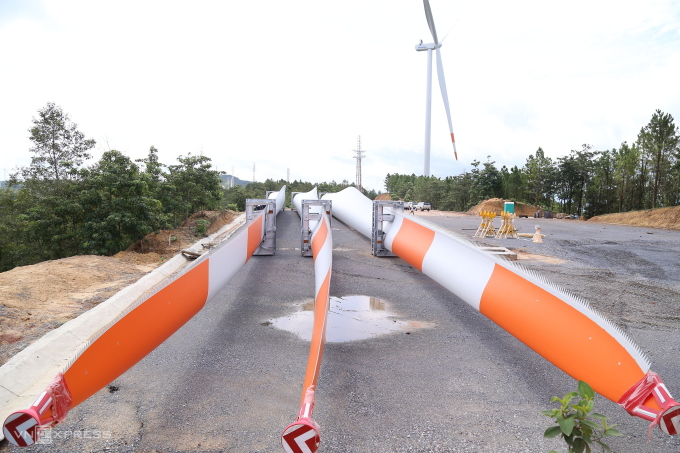
Wind turbine blades are about to be installed in Quang Tri on August 11, 2021. Photo: Hoang Tao
Trade plays a key role in facilitating the flow of goods that help countries in the region mitigate and adapt to the impacts of climate change, but the gap between global demand and funding is estimated at $2.5 trillion per year, according to BII.
In addition, local banks are currently unable to meet the demand for loans with long enough tenors to finance goods for climate change projects, especially in the renewable energy sector. “Green trade finance will accelerate the development of the renewable energy industry’s supply chain and address bottlenecks in many areas,” said Srini Nagarajan, BII’s managing director and head of Asia.
The recently released "Net Zero 2023 Index Study" by PwC said that Asia- Pacific has reduced its carbon emission intensity by 2.8% in 2022, double the rate of 1.2% in 2021 and higher than the global rate of 2.5%.
However, only five economies, including Vietnam, New Zealand, Pakistan, South Korea, and Singapore, have exceeded their self-determined carbon emission reduction targets (NDC). Of these, Vietnam contributes 0.9% to the total global CO2 emissions and has reduced 6.5% compared to the NDC of 2.5% by 2030.
Mr. Abhinav Goyal, Director of Capital Projects and Infrastructure Advisory Services, PwC Vietnam, assessed that the NDC targets updated by Vietnam in 2022 have shown significant progress in prioritizing sustainable development.
"Although the NDC contents seem to be in line with Vietnam's Net Zero ambition by 2050, more practical actions are still needed to accelerate towards a net zero emissions future," he said.
This change requires collaborative action from both governments, through strong policies and detailed guidance, including promoting global cooperation; and businesses, through responsible trading and green investments, according to PwC.
Telecommunications
Source link


![[Photo] Hanoi morning of October 1: Prolonged flooding, people wade to work](https://vphoto.vietnam.vn/thumb/1200x675/vietnam/resource/IMAGE/2025/10/1/189be28938e3493fa26b2938efa2059e)
![[Photo] President of the Cuban National Assembly visits President Ho Chi Minh's Mausoleum](https://vphoto.vietnam.vn/thumb/1200x675/vietnam/resource/IMAGE/2025/10/1/39f1142310fc4dae9e3de4fcc9ac2ed0)

![[Photo] Keep your warehouse safe in all situations](https://vphoto.vietnam.vn/thumb/1200x675/vietnam/resource/IMAGE/2025/10/1/3eb4eceafe68497989865e7faa4e4d0e)


![[Infographics] An Giang Agriculture 2020-2025: Stable growth, quality transformation](https://vphoto.vietnam.vn/thumb/402x226/vietnam/resource/IMAGE/2025/10/1/bf3a77ba3a0243a697e5253ed4cd6f9c)

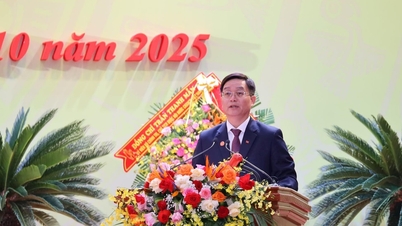

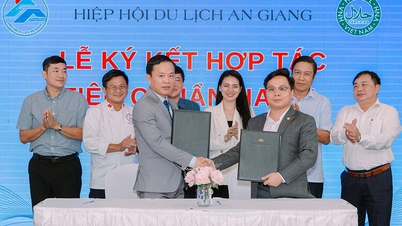



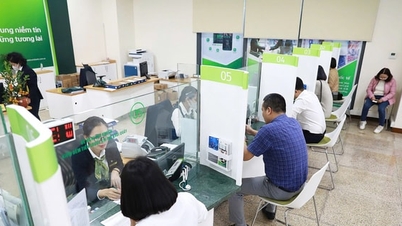

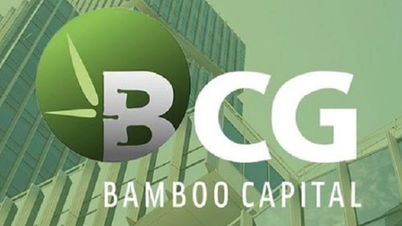

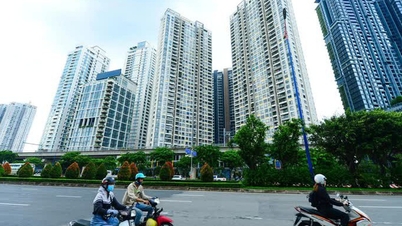

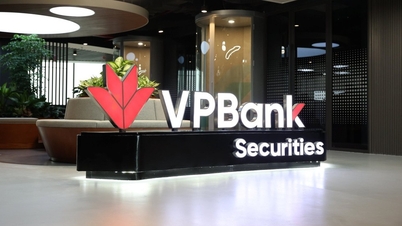
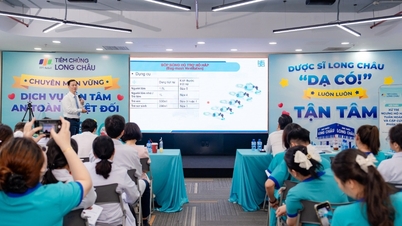

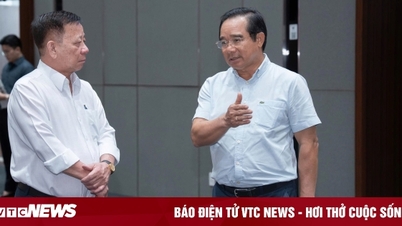

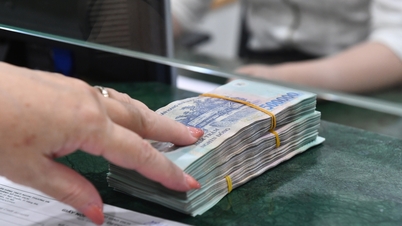











































































Comment (0)